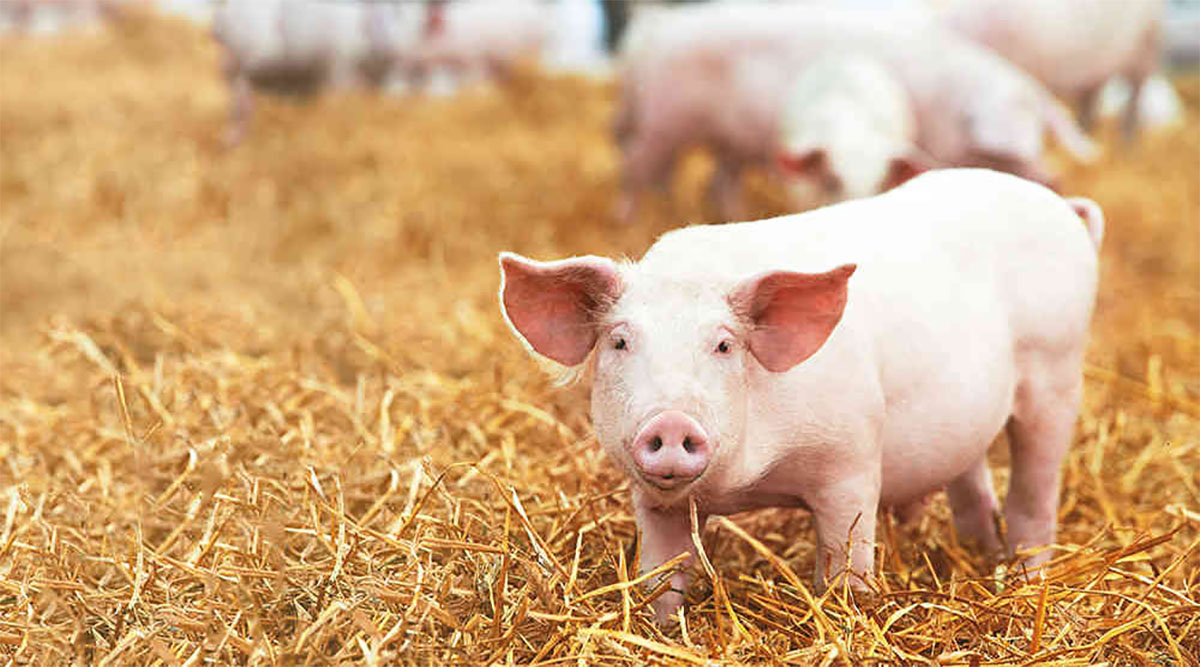Press MinComunas/Karina Depablos –The men and women who make up the Fabricio Vive Commune are working hard to raise pigs, poultry, rabbits, and goats to provide the population with meat and meat products at fair prices.
According to Edimar Cardenas, member of the Fabricio Vive Commune, in Catia, Sucre parish of Caracas, the work of raising small animals (including small ruminants and monogastric) for consumption and reproduction was born as an initiative of the community to have access to protein from a regenerative model that overcomes the intensive industrial scheme.
“We started with pigs in December 2022. We have two ways of working with this project: One is to raise fattening pigs for sale in December for the traditional Christmas pork leg of the Venezuelan tables. And two, to raise breeding mothers of pigs to make them reach the largest number of communes and territories, and establish a kind of pig maternity in each of the spaces so that they can be self-sufficient with transparent prices”, he detailed.
In this sense, he indicated that, to date, they have 36 fattening pigs and two breeding mothers with five female offspring, of which they expect around 39 piglets in the next litter.
“Our goal is to supply our territory, to promote food sovereignty. The whole community has access, at low cost, to meat products. We want our animal feed plant since we already have space and machinery. We only need to obtain essential components such as sorghum and soybeans,” he said.
To recover what is ours.
Likewise, Edimar Cardenas, a member of the Fabricio Vive Commune, informed that this organized community focuses on the recovery and conservation of a native breed of black hen.
“We have a year and a half with the hens, but now we set out to rescue our breed of black laying hens. They are criollos. This black hen adapts to the climate, and they are good for reproduction. Besides, they lay delicious Creole eggs. That is why we created handmade incubators to raise hens for reproduction. The first hen came from the state of Barinas. Now, we have 16 black hens and 35 chicks. In one year, we can have more than 150 hens”, said Cardenas.
Finally, Cardenas reiterated that one of the challenges is to foster a respectful relationship with mother earth.
“One of the highlights of the work we do in the Fabricio Vive Commune is not only to promote and eat what is ours but also to rescue the food system and promote agro-ecological practices in the territory,” he added.



